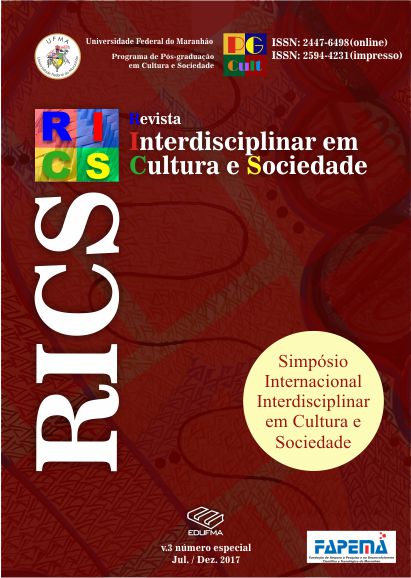PARA UMA ARQUEOLOGIA DO ESPAÇO PÚBLICO E DA SOCIEDADE CIVIL EM PORTUGAL (SÉCULO XVIII-1926)
Mots-clés :
Espaço público. Sociedade civil. Associações. Sociabilidades. Portugal.Résumé
Actualmente somos confrontados com mudanças nos conceitos de público e privado e com uma reconfiguração do espaço público, nomeadamente ao nível dos ‘fazedores’ de opinião e dos meios em que esta se produz e difunde. Realidade que reabriu o debate sobre as diferentes concepções de esfera pública, sobre o declínio ou a transformação do espaço público, sobre a construção de uma contra-esfera pública e de uma contra-sociedade civil alternativa, sobre o enfraquecimento ou a vitalidade da sociedade civil, sobre a relação dependente e constitutiva entre democracia e mass media. Quais serão as características da sociedade civil no futuro é uma questão em aberto. O conhecimento histórico não permite prever o futuro, mas permite saber que em certos momentos do passado estiveram em aberto hipóteses de diferentes futuros. No texto que se segue traça-se uma breve síntese da construção da esfera pública e da sociedade civil em Portugal, desde as origens no século XVIII até ao golpe militar de 1926 e a constituição do Estado Novo que reprimiu o associativismo livre e censurou a imprensa livre. A hipótese de uma sociedade liberal e democrática terminou aí, ou melhor, foi interrompida durante quatro décadas.
Palavras-chave: Espaço público. Sociedade civil. Associações. Sociabilidades. Portugal.
FOR AN ARCHAEOLOGY OF PUBLIC SPACE AND CIVIL SOCIETY IN PORTUGAL (18th CENTURY-1926)
ABSTRACT: Nowadays we are confronted by changes to the concepts of public and private and also by a reconfiguration of public space, namely by opinion makers and the means in which they produce and broadcast their views. Such has reopened the debate on the different conceptions of public sphere, the decline or transformation of public space, on the construction of a public counter-sphere and an counter civil society, about the weakening or vitality of civil society and the inherent dependence between democracy and mass-media. What will be the traits of future civil society remains an open question. Historical knowledge does not allow us to foresee the future, but it allows us to know that at certain moments of the past different futures were possible. The following text draws a brief synthesis of the construction of a public sphere and a civil society in Portugal, from its onset in the eighteenth century until the military coup of 1926 and the establishment of the Estado Novo regime, which repressed free association and censured the press. The possibility of a liberal and democratic society ended there,
or else, it was interrupted/suspended for four decades.
Keywords: Public Sphere. Civil Society. Associations. Sociability. Portugal.
Téléchargements
Téléchargements
Publié-e
Comment citer
Numéro
Rubrique
Licence

Este trabalho está licenciado com uma Licença Creative Commons Atribuição 4.0 Internacional. Os autores da Revista Interdisciplinar em Cultura e Sociedade mantêm os direitos autorais.


















